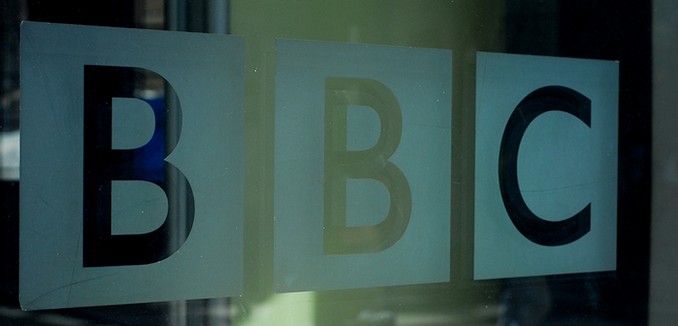BBC Watch, a media criticism website focused on the mistakes and distortions made by the BBC, noted yesterday that the network made undocumented changes to last week’s analysis of casualty figures from Gaza written by the network’s chief statistician Anthony Reuben, softening Reuben’s conclusion.
BBC Watch, using an online tool called News Sniffer, shows that between the third and fourth versions of the article, a key paragraph was deleted and replaced with speculation for the reason men were much more likely to be counted among the casualties in Gaza.
While both articles acknowledge in the end “that some of the conclusions being drawn from them may be premature,” the original article that was published on August 8, 2014 stated:
Nonetheless, if the Israeli attacks have been “indiscriminate”, as the UN Human Rights Council says, it is hard to work out why they have killed so many more civilian men than women.
In the fourth version, that paragraph was deleted, and instead the BBC included a statement speculating about why men, who are not combatants, would be more likely to be killed in combat.
In assessing the changes, BBC Watch wrote:
Clearly somebody was unhappy with the wording of certain parts of that article. Notably, the reference to the UN Human Rights Council and the doubt expressed regarding that organisation’s allegations of “indiscriminate” Israeli attacks has been completely erased. In addition, passages have been added and wording changed in a very transparent attempt to create the impression that the over-representation of young men among the casualty figures in the Gaza Strip might not be the result of their being members of terrorist organisations, but because they popped out to the corner shop to buy milk.
BBC Watch also notes that Chris Gunness, spokesman for the United Nations Relief and Works Agency, was unhappy even with the new version of the article.
Why did BBC On Line analyze deaths of men in Gaza & ignore killing of 452 children & 235 children? Ask @rajandatar of #OverToYou RT
— Chris Gunness (@ChrisGunness) August 12, 2014
The BBC (in its original report) and The New York Times were two major news organizations that questioned the initial conclusions of the fatalities during Operation Protective Edge.
[Photo: m0gky / Flickr ]




